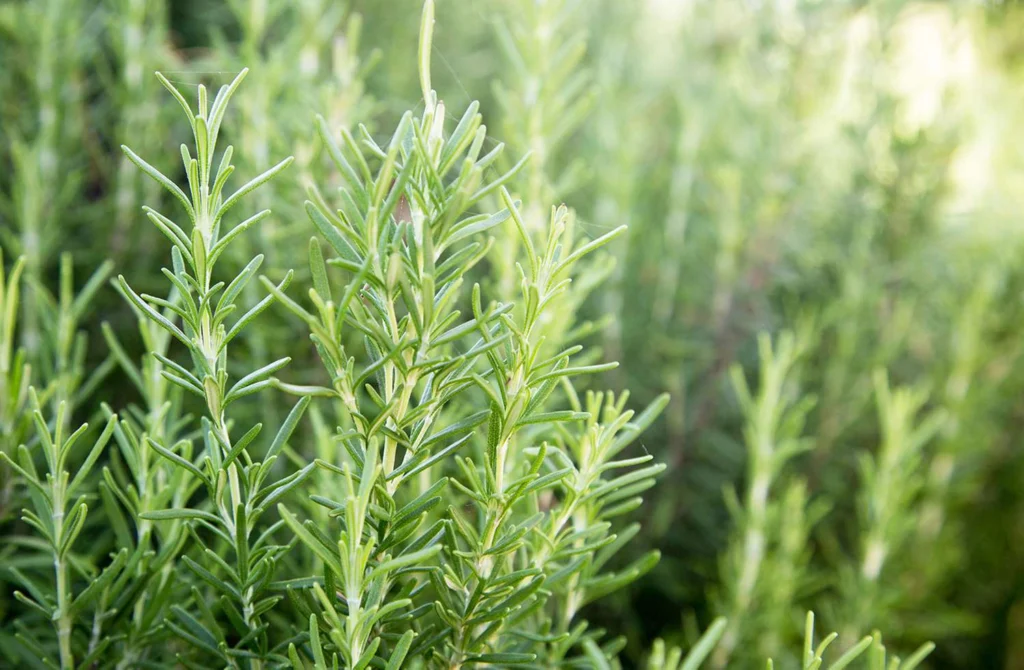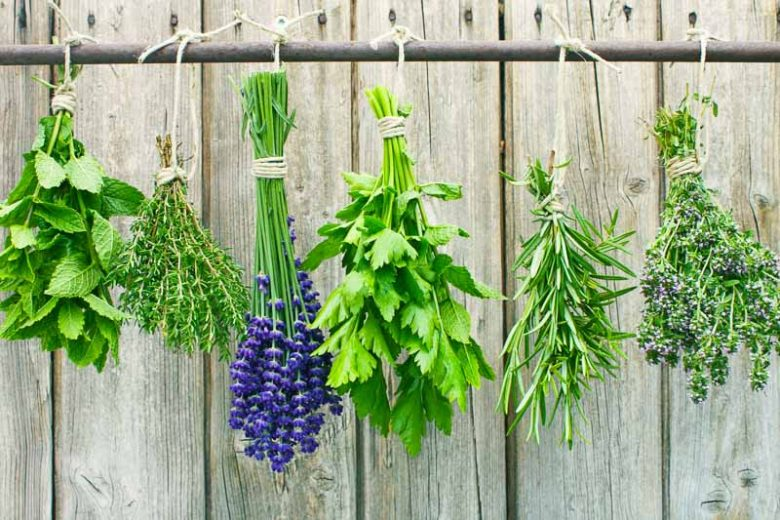In a world increasingly attuned to holistic health, medicinal herbs offer a timeless remedy for nurturing both body and mind. These natural companions, often found in our gardens or kitchens, are more than just culinary delights—they are potent allies in promoting well-being. This comprehensive guide delves into the benefits, uses, and practical tips for incorporating six remarkable herbs into your daily routine.
🌱 Introduction: The Healing Power of Nature
For centuries, civilizations have harnessed the therapeutic properties of herbs. From ancient Egyptian embalming rituals to modern-day wellness practices, herbs have played a pivotal role in health and healing. Today, scientific research continues to validate the efficacy of these plants, highlighting their antioxidant, anti-inflammatory, and antimicrobial properties.
In this guide, we’ll explore six such herbs—rosemary, parsley, tarragon, sage, thyme, and coriander—each offering unique health benefits and versatile uses. Discover how the health benefits of rosemary and the nutritional profile of parsley can enhance your wellness journey naturally.
🌿 Part 1: Understanding the Medicinal Herbs
1. Rosemary (Rosmarinus officinalis)
- Benefits: Enhances memory, supports circulation, and acts as a natural mood booster.
- Common Uses: Incorporate into teas, use in cooking, or apply as an essential oil for aromatherapy.
- Storage Tips: Store fresh rosemary in the refrigerator; dried rosemary should be kept in an airtight container.
2. Parsley (Petroselinum crispum)
- Benefits: Rich in vitamins A, C, and K, parsley supports immune function and promotes healthy digestion.
- Common Uses: Add fresh parsley to salads, soups, or blend into smoothies.
- Storage Tips: Keep fresh parsley in the refrigerator; it can also be frozen for longer storage.
3. Tarragon (Artemisia dracunculus)
- Benefits: Known for its calming effects, tarragon aids in digestion and promotes restful sleep.
- Common Uses: Use fresh tarragon in dressings, sauces, or as a garnish.
- Storage Tips: Store fresh tarragon in the refrigerator; dried tarragon should be kept in a cool, dark place.
4. Sage (Salvia officinalis)
- Benefits: Supports cognitive function, reduces inflammation, and aids in digestion.
- Common Uses: Brew sage tea, use in cooking, or apply as an essential oil for aromatherapy.
- Storage Tips: Store fresh sage in the refrigerator; dried sage should be kept in an airtight container.
5. Thyme (Thymus vulgaris)
- Benefits: Possesses antimicrobial properties, supports respiratory health, and aids in digestion.
- Common Uses: Add fresh thyme to soups, stews, or use in teas.
- Storage Tips: Store fresh thyme in the refrigerator; dried thyme should be kept in an airtight container.
6. Coriander (Coriandrum sativum)
- Benefits: Rich in antioxidants, supports digestive health, and may help lower blood sugar levels.
- Common Uses: Use fresh coriander leaves in salads, salsas, or as a garnish; coriander seeds can be used in cooking.
- Storage Tips: Store fresh coriander in the refrigerator; dried coriander seeds should be kept in a cool, dark place.
🛠️ Tools & Materials Checklist
Before incorporating these herbs into your routine, ensure you have the following:
- Herb Garden or Fresh Herbs: Grow your own or purchase fresh herbs.
- Storage Containers: Airtight jars or bags for dried herbs.
- Teapot or Infuser: For brewing herbal teas.
- Mortar and Pestle: For grinding seeds or dried herbs.
- Essential Oil Diffuser: For aromatherapy applications.
- Herb Drying Rack: If you’re drying herbs at home.
❌ Common Mistakes and How to Avoid Them

- Overconsumption: While herbs are beneficial, excessive intake can lead to adverse effects. Always use herbs in moderation.
- Improper Storage: Incorrect storage can diminish the potency of herbs. Ensure herbs are stored in appropriate conditions.
- Ignoring Allergies: Some individuals may be allergic to certain herbs. Conduct a patch test before widespread use.
- Relying Solely on Herbs: Herbs should complement, not replace, professional medical advice and treatment.
🌟 Benefits of Incorporating Medicinal Herbs
- Natural Healing: Herbs offer a natural alternative to pharmaceutical remedies.
- Enhanced Flavor: Incorporating herbs into meals can elevate taste without added salt or sugar.
- Holistic Wellness: Regular use of herbs can contribute to overall physical and mental well-being.
Explore a detailed guide on herbs and their health benefits to deepen your understanding of how these plants support your body and mind.
🌍 Seasonal & Regional Tips
- Growing Conditions: Most of these herbs thrive in Mediterranean climates. Ensure they receive ample sunlight and well-drained soil.
- Harvesting: Harvest herbs in the morning after the dew has evaporated for optimal potency.
- Preservation: Dry herbs during peak growing seasons to ensure a supply during off-seasons.
💬 FAQs
Q1: Can I use dried herbs instead of fresh ones?
A1: Yes, dried herbs can be used, but they are more concentrated. Adjust quantities accordingly.
Q2: Are there any side effects associated with these herbs?
A2: While generally safe, excessive use can lead to side effects. Consult with a healthcare professional if you have concerns.
Q3: How can I incorporate these herbs into my diet?
A3: Add fresh herbs to salads, soups, and teas; use dried herbs in cooking; or apply essential oils for aromatherapy.
Q4: Can I grow these herbs at home?
A4: Yes, most of these herbs can be grown in home gardens or containers with proper care.
🏁 Conclusion
Embracing the use of medicinal herbs is a step towards a more natural and holistic approach to health. By understanding their benefits, proper usage, and potential pitfalls, you can harness the power of nature to enhance your well-being. Remember, while herbs offer numerous benefits, they should complement, not replace, professional medical advice and treatment.
We’d love to hear about your experiences with medicinal herbs. Share your thoughts, recipes, or tips in the comments below, and don’t forget to share this guide with friends and family interested in natural wellness!
Link: https://www.healthline.com/nutrition/rosemary-benefits
Anchor text: health benefits of rosemary
Link: https://www.medicalnewstoday.com/articles/266886
Anchor text: nutritional profile of parsley
Link: https://www.webmd.com/diet/ss/slideshow-herbs-health-benefits
Anchor text: herbs and their health benefits


**mitolyn official**
Mitolyn is a carefully developed, plant-based formula created to help support metabolic efficiency and encourage healthy, lasting weight management.